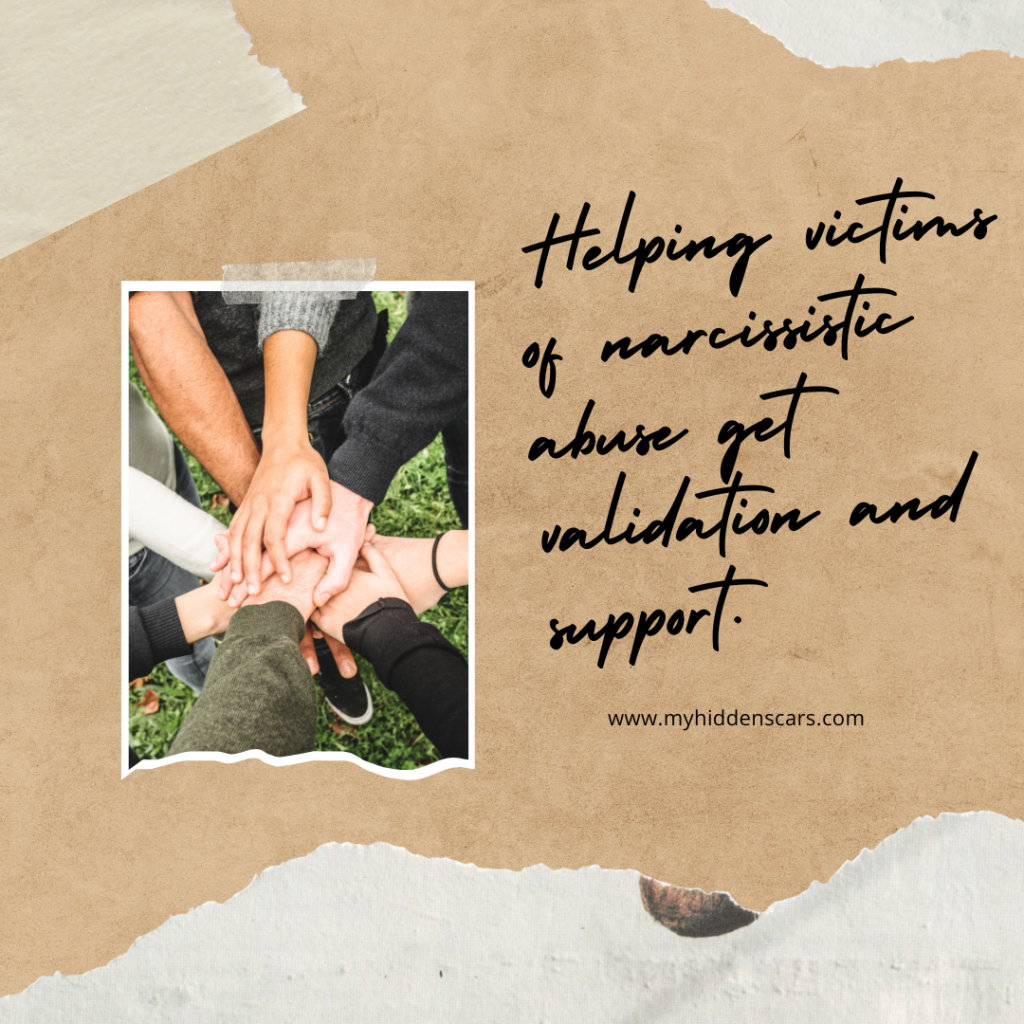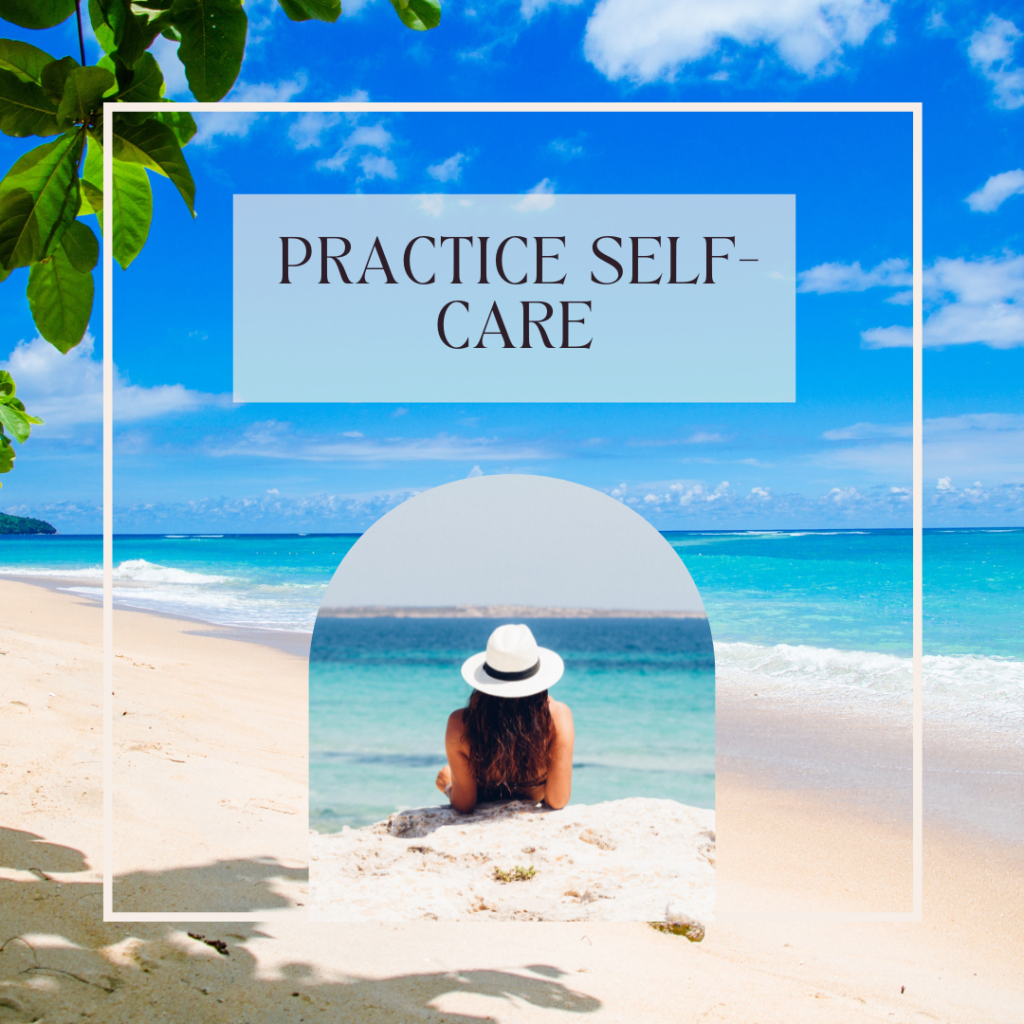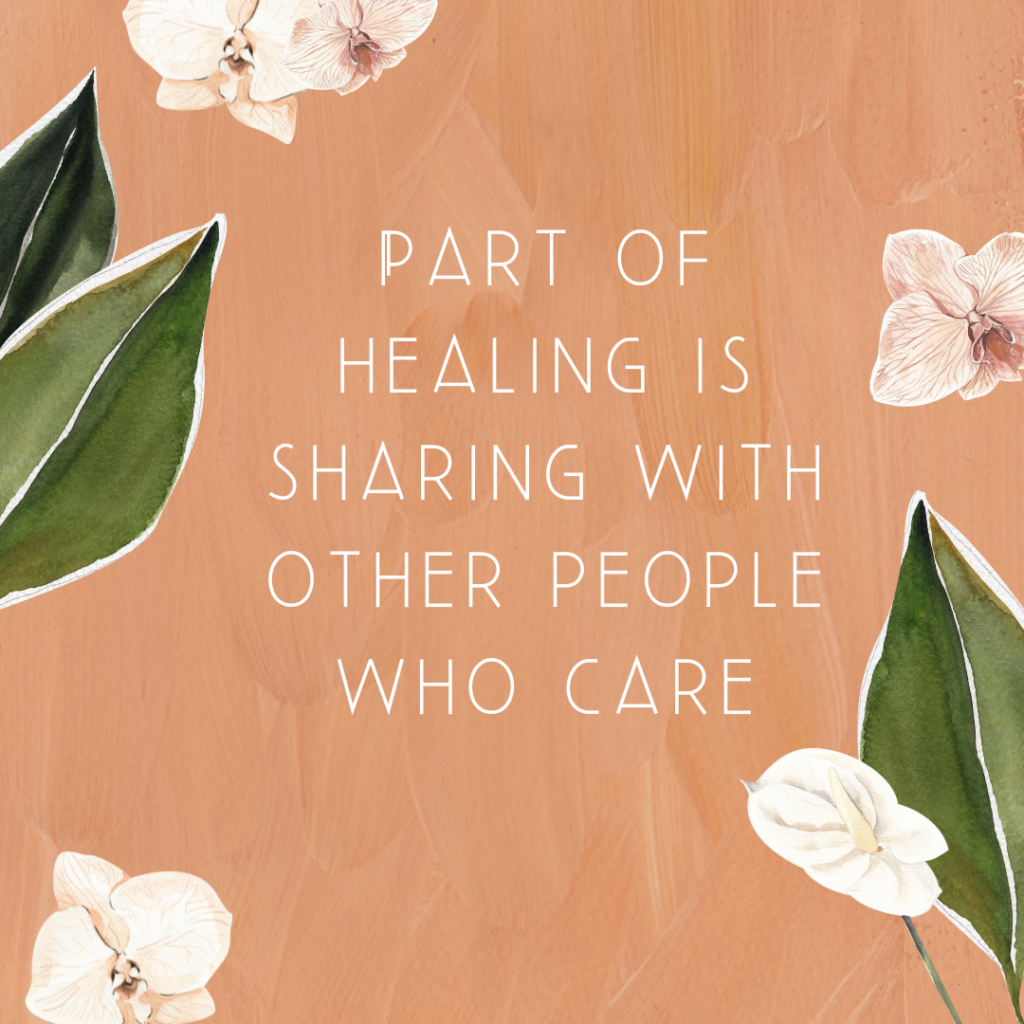Divorce is one of the most challenging experiences a person can go through. It’s not just about ending a marriage, but it also involves separating your life from someone you’ve shared many years with.
Divorce is one of the most challenging experiences a person can go through. It’s not just about ending a marriage, but it also involves separating your life from someone you’ve shared many years with.
The emotional stress that comes with divorce can be overwhelming and often leaves people feeling isolated and alone. But finding support during this time can make all the difference in how you navigate this difficult process.
Building a network of emotional allies is so important when going through a divorce. These are the people who will provide support, guidance, and understanding as you move forward with your new life.
Whether it’s friends, family members, or professionals like therapists or coaches – having a team to lean on can help ease the burden and give you the strength to face whatever challenges lie ahead.
As a divorce coach, I want to share some tips for building a valuable support system during divorce so that you don’t have to go through it alone.
Identifying Your Emotional Needs
Divorce can be a difficult time in anyone’s life, and it’s important to take care of your emotional needs as you navigate this challenging process.
One way to do this is journaling to help identify your emotions and triggers. Writing down your thoughts and feelings can provide clarity and insight into what you need emotionally during this time.
Additionally, identifying triggers that may cause intense emotional reactions can empower you to manage those situations better when they arise.
By taking the time to understand your emotional needs and triggers, you can begin building a network of supportive allies who will be there for you throughout the divorce process.
Reaching Out To Friends And Family
Once you have identified your emotional needs, it’s time to build a support network during your divorce.
As the saying goes, no man or woman is an island.
It’s important to reach out and connect with friends and family who can offer comfort, advice, and even practical assistance during this challenging time.
Sharing experiences with loved ones who understand what you’re going through can be incredibly healing. Don’t hesitate to lean on those closest to you for emotional support.
Just remember that while connecting with others is important for getting through a divorce, it’s equally important to set boundaries for yourself as well as those around you.
Be honest about your limitations, and make sure your loved ones respect them.
By doing so, you’ll create a sanctuary where you can heal and grow without being overwhelmed by other people’s expectations or demands.
Don’t hesitate to lean on those closest to you for emotional support.
Just remember that while connecting with others is important for getting through a divorce, it’s equally important to set boundaries for yourself as well as those around you.
Be honest about your limitations, and make sure your loved ones respect them.
By doing so, you’ll create a sanctuary where you can heal and grow without being overwhelmed by other people’s expectations or demands.

Seeking Professional Support
When going through a divorce, seeking professional support can be incredibly beneficial.
Finding the right therapist is an important step in this process. Look for someone who specializes in divorce, relationship issues, abuse, and trauma and who makes you feel comfortable enough to open up about your feelings.
Group therapy can also be a helpful option as it provides a supportive environment with others who are experiencing similar struggles.
A divorce coach is a professional who helps you manage the emotional and different parts of your divorce. They help people going through a divorce to gain clarity and identify their goals, as well as provide emotional support.
It’s important to remember that there is no shame in seeking professional help during this difficult time. Doing so can greatly improve your emotional well-being.

Joining Support Groups Or Communities
While divorce can be an isolating and challenging experience, you don’t have to go through it alone. Joining support groups or communities can offer a safe space to share your feelings, get advice, and find others going through similar experiences.
Online resources like Facebook groups, forums, and blogs allow for easy access to support from anywhere in the world at any time of day. Similarly, local meetups provide opportunities to connect with others face-to-face and build relationships within your community.
Being part of a supportive network can help you feel less alone during this difficult time. It can give you hope for the future and provide practical guidance as you navigate the complexities of divorce.
Remember that seeking out support is not a sign of weakness but rather a brave step toward healing and growth.

Nurturing Your Self-Care Practices
As you navigate the wild world of divorce, it is crucial to prioritize your self-care practices. Taking care of yourself emotionally, physically, and mentally will help you cope with the stress and uncertainty that comes with this major life change.
Mindful meditation can be a powerful tool for managing anxiety and promoting relaxation. Consider setting aside time each day to sit quietly and focus on your breath.
Getting involved in things like writing or painting can provide an outlet for processing difficult emotions. Outdoor activities like hiking, swimming, or gardening are also great ways to get exercise while enjoying nature’s beauty.
Finally, don’t forget about the importance of self-reflection. Take time to journal or simply reflect on your thoughts and feelings without judgment.
By prioritizing these self-care practices, you’ll be better equipped to handle the challenges ahead with grace and resilience.
Frequently Asked Questions

How Can I Navigate The Legal Process Of Divorce?
If you’re going through a divorce, it’s important to understand how to navigate the legal process.
Seeking legal advice is so important in making sure your rights are protected, and you receive a fair settlement.
There are also mediation options available which can help reduce conflict between parties and lead to more civil outcome.
As a Divorce Coach, I recommend taking the time to research and meet with reputable lawyers or mediators who specialize in family law. If you are involved in a high-conflict situation, make sure they understand and have previously worked with those cases.
It’s important to have someone on your side who understands the complexity of divorce proceedings, especially if you are in a high-conflict situation. They can guide you through each step.
Remember, having support during this difficult time is essential for moving forward toward a brighter future.
What Are Some Practical Ways To Deal With Financial Stress During Divorce?
Dealing with financial stress during divorce can be overwhelming, but there are practical ways to manage it.
One key strategy is to create a budget and stick to it as much as possible.
This may involve cutting back on expenses or finding new sources of income.
Seeking professional support from a financial planner or therapist can also provide valuable guidance and emotional support during this challenging and crazy time.
Remember that taking small steps toward financial stability can lead to greater peace of mind in the long run.
As a Divorce Coach, my role is to help you navigate these difficult decisions and find strategies for managing both the legal process and your personal well-being.

How Can I Co-Parent Effectively With My Ex-Spouse?
Communication is key when learning or attempting to co-parent effectively with your ex-spouse.
It’s important to establish clear lines of communication and set boundaries when it comes to child custody arrangements.
Keep in mind that effective co-parenting can require compromise and flexibility. Of course, this is difficult when you have to co-parent with an abusive ex-spouse. If you are lucky enough to be able to compromise, I encourage my clients to do so. The reality is that isn’t the case, and you will need a clear parenting plan that spells out all of the details regarding custody, visitation, and financial obligations.
If conflicts arise, try to approach them calmly and try to find a solution that prioritizes the well-being of your children.
Remember, while co-parenting can be challenging, it’s essential for creating a stable environment for your kids during this difficult time.
What Are Some Tips For Dealing With The Emotional Aftermath Of A Divorce?
Dealing with the emotional aftermath of a divorce can be incredibly challenging, but there are steps you can take to help yourself move forward.
One important step is finding a therapist who specializes in helping people cope with divorce, trauma, and, if needed, abuse.
A good therapist can provide you with tools and strategies for managing your emotions, as well as offer a safe space to process your feelings.
Another helpful step is seeking out a support group for people going through similar experiences. There are so many benefits to joining a support group when you are going through a difficult divorce or dealing with the aftermath of abuse. Support groups offer things such as validation, emotional support, education, empowerment, and a safe place to share.
Being able to connect with others who understand what you’re going through can be an invaluable source of comfort and validation.
Remember that healing takes time, but with the right resources and support, you will get through this difficult period in your life.

How Can I Maintain Healthy Boundaries With Friends And Family During This Difficult Time?
Divorce can feel like a hurricane ripping through your life, leaving you struggling to pick up the pieces.
During this difficult time, it’s important to maintain healthy boundaries with friends and family.
While having their love and support is so important, setting limits is key to protecting yourself from unwanted advice or negativity that may hinder your healing process.
Seeking professional help is also an option worth exploring, as they can provide unbiased support and guidance throughout the divorce journey. therapist, counselors, and divorce coaches like myself can be invaluable during this time.
Remember, taking care of yourself emotionally is essential for rebuilding a fulfilling new life after divorce.
Conclusion
Divorce can be a rough and overwhelming experience. By building a strong support network of emotional allies, navigating the legal process, dealing with financial stress, co-parenting effectively, and managing emotions in the aftermath of a divorce can all become more manageable.
Like a ship weathering a storm at sea, you, too, can find your way through this difficult time. By seeking out help from friends and family, finding professional resources such as therapists or divorce coaches, and prioritizing self-care practices like exercise or meditation, you will be better equipped to face the challenges that lie ahead.
Remember that healing takes time, but with patience and determination, you will come out stronger on the other side.

